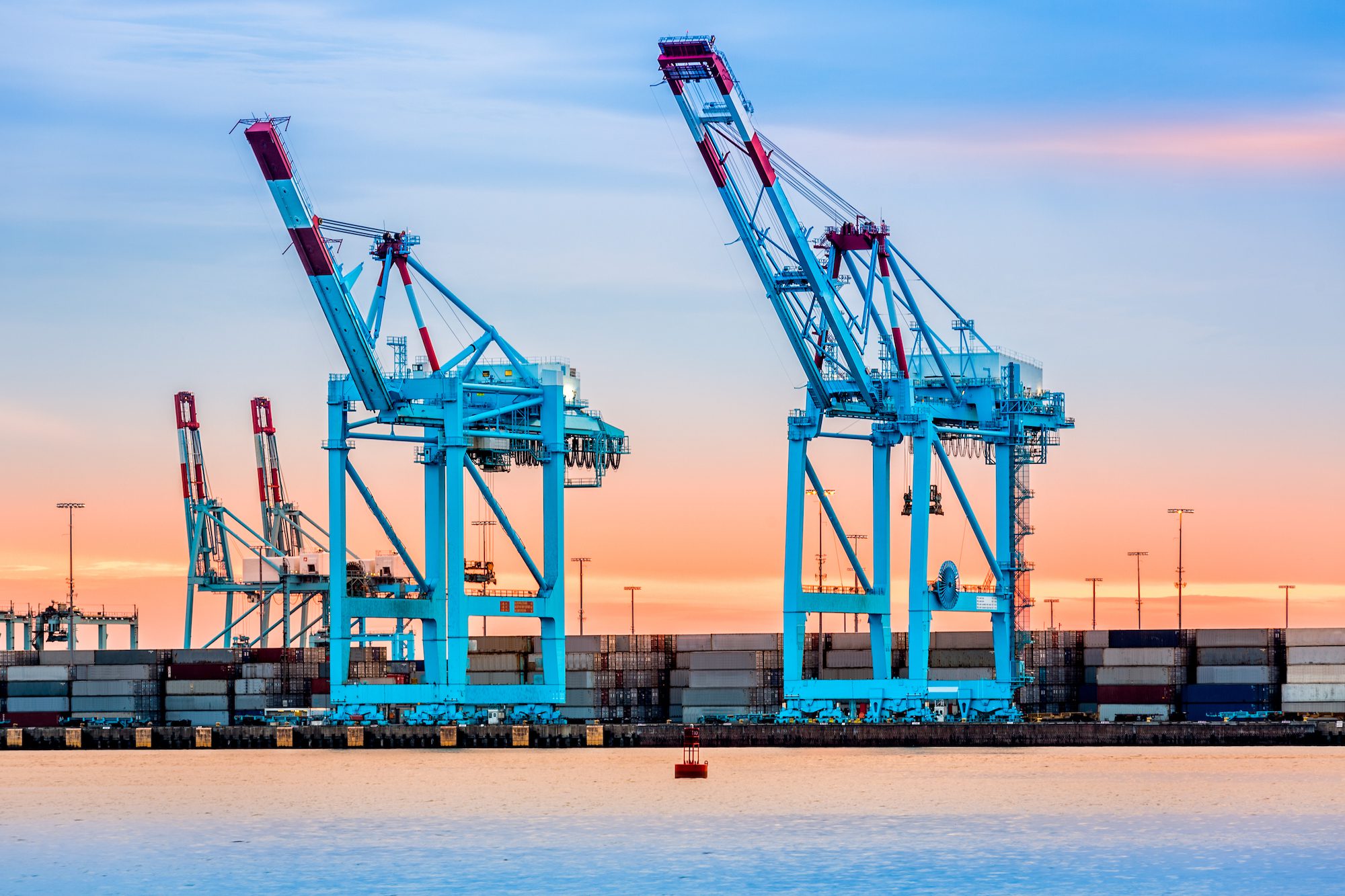By Ed White
WINNIPEG, Manitoba (Reuters) – Port of Vancouver foremen will be locked out on Monday unless they scrap a proposed strike, employers at Canada’s biggest port said on Friday, but bulk grain handling would not be affected.
Canada’s west coast ports are major outlets for resource exports, including potash, coal, forestry products, pork and beef. A 13-day strike last year disrupted more than C$6 billion in trade at Vancouver and Port Rupert.
The British Columbia Maritime Employers Association said the proposed lockout of more than 700 foremen was preventative as the unit of the International Longshore and Warehouse Union representing them had already issued a 72-hour strike notice.
If the union withdraws the strike notice, Monday’s lockout will not go ahead, the association said in a statement.
The two sides are in protracted talks over a labor deal and have been negotiating with the help of a federal mediator. The stoppage would also affect the port of Prince Rupert.
“In anticipation of escalating and unpredictable strike action, the BCMEA has made a decision to take defensive action in the form of a coastwide lockout,” it said in a statement.
“It will not affect longshoring operations on grain vessels or cruise operations.”
The association said the lockout notice has been issued in order to “facilitate a safe and orderly wind down of operations” in anticipation of a strike.
ILWU local 514 president Frank Morena said in a statement that it had only planned “limited job action” such as refusing overtime and accepting some technological changes, Canadian Press reported.
There impasse follows a long-simmering dispute over pay and working conditions, including concerns over automation. Each side has accused the other of bargaining in bad faith.
On Thursday, a strike began at two terminals operated by Termont at the Port of Montreal.
Grain and other exports from the west coast were hit in August by a labor dispute at Canada’s two major railways, which the federal government ended by imposing binding arbitration.
The government has resisted calls to interfere in collective bargaining in other disputes, other than offering mediation.
While bulk grains like wheat and canola would not be affected, agricultural commodities shipped in containers like pulse crops and meats could be.
“The potential lockout at British Columbia container terminals beginning Nov. 4 is catastrophic for Canada’s pulse sector,” said Pulse Canada President Greg Cherewyk.
“This stoppage combined with the strike at two terminals at the Port of Montreal is jeopardizing the Canadian pulse industry’s 1.4 million (metric) ton container export program in its peak shipping season.”
José Antonio Severin, business development manager at commodities supply chain consultancy the Mercury Group, said clients and local partners expected any possible strike to be short.
U.S. meat exporters could benefit from Canada’s inability to ship from the west coast.
“A lengthy work stoppage at Vancouver could open an opportunity for the U.S. to sell more chilled pork to Japan,” said Joe Schuele, spokesperson for the U.S. Meat Export Federation, a trade group.
(Additional reporting by Divya Rajagopal in Toronto and Tom Polansek in Chicago; Editing by David Ljunggren, Alexander Smith and David Gregorio, Reuters)

 Join The Club
Join The Club










